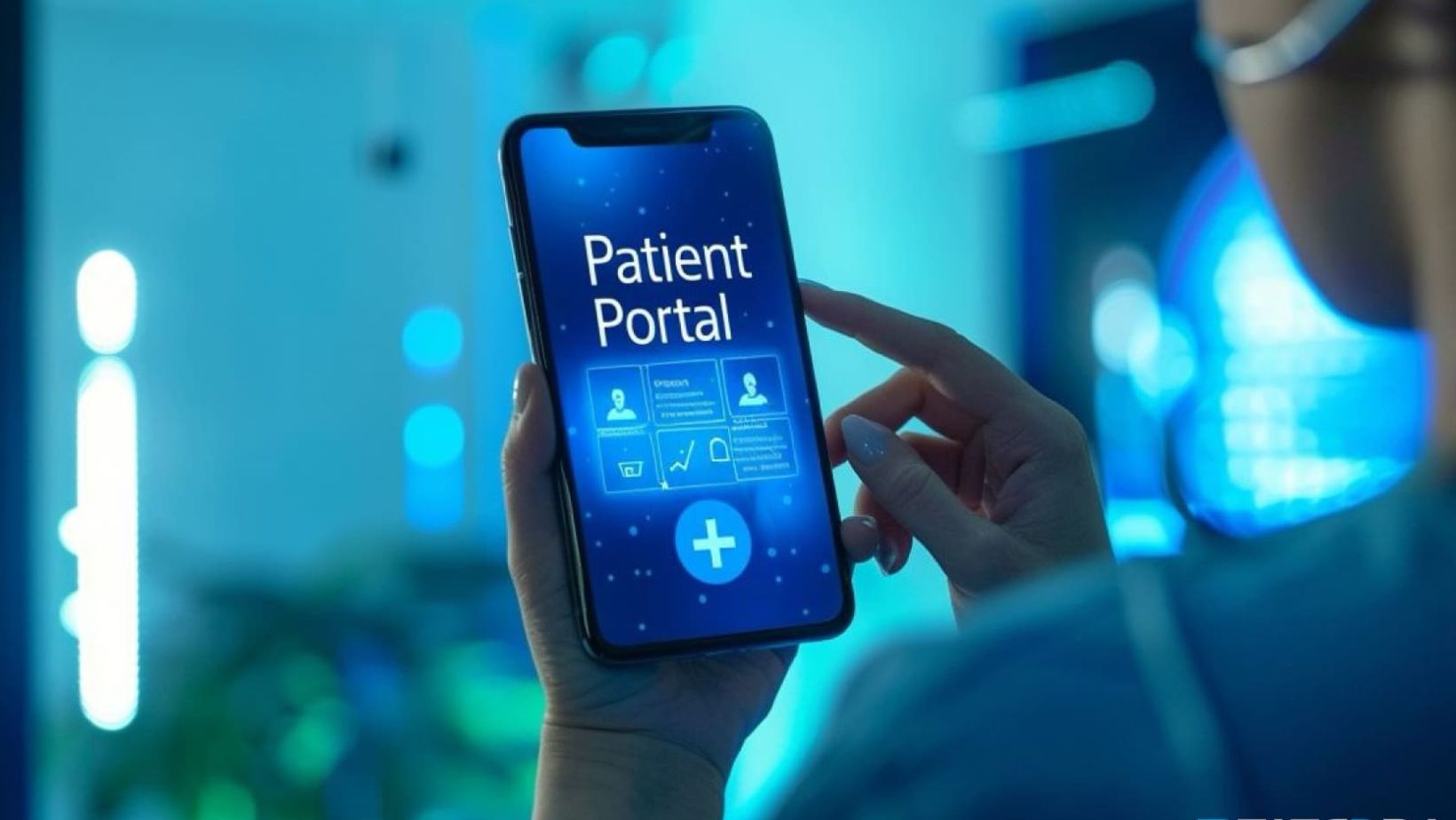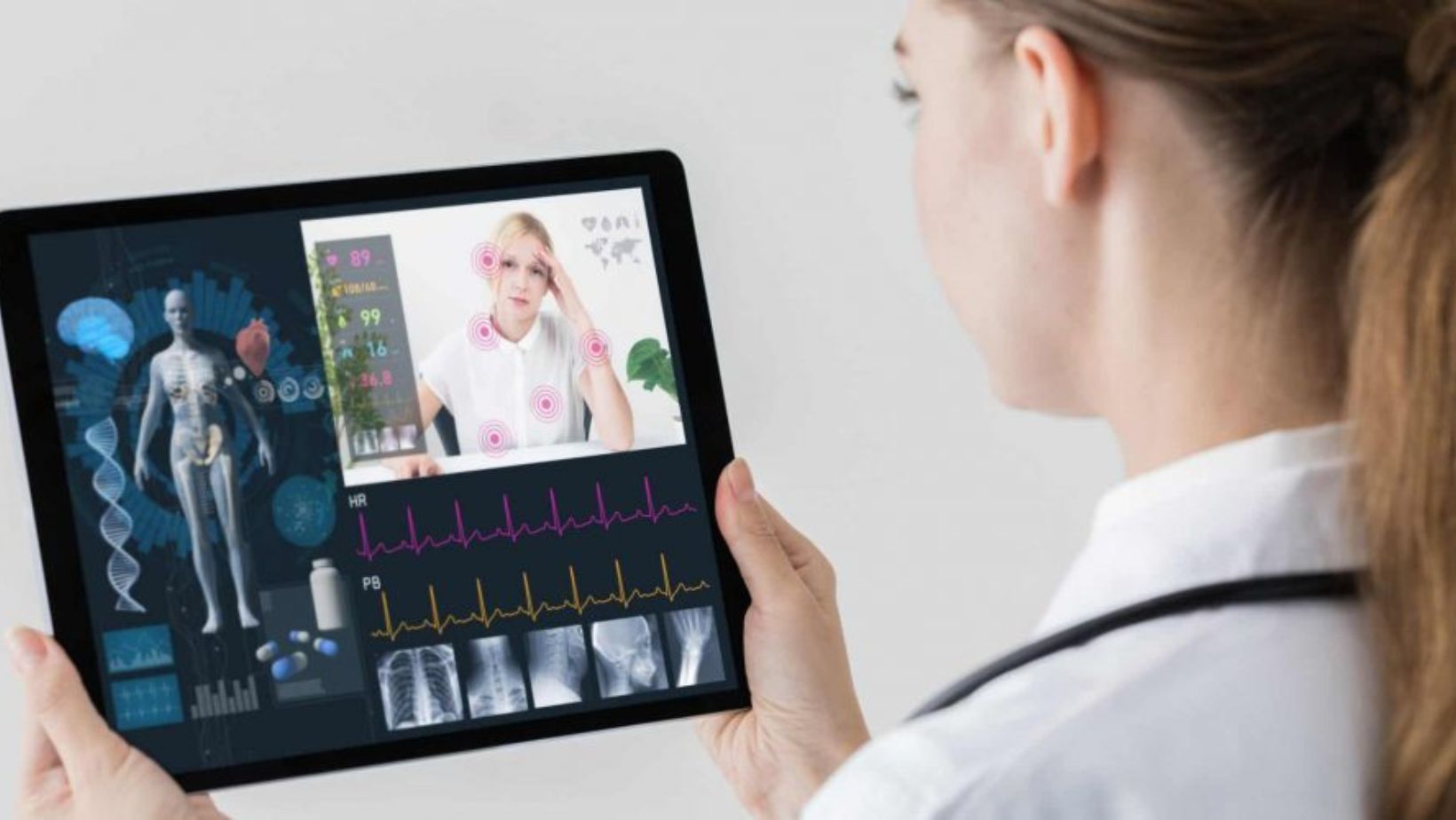Over the last few years, the healthcare sector has recognized the relevance of technology. The pandemic helped to accelerate the adoption of a technological and remote approach among physicians and patients. Today features such as telemedicine, remote monitoring, and patient portals, become essential components of the industry.
This technology is improving everyday, increasing the confidence of the public and from many healthcare professionals. This novel approach opens the door to new ways of access to healthcare, and improves the patient experience.
Telehealth
One of the most significant features of healthcare software solutions is telehealth. This form of attention became popular during the pandemic. Its convenient and practical results made telehealth a reliable approach for monitoring patients and attending minor ailments.
Remote Patient Monitoring
Patient monitoring is a form of telehealth, but its benefits extend from a video call to check up symptoms. The remote monitoring also involves a number of devices that serve to gather data from the patients.
This technology provides easier access for physicians to vital information at all times. Whearable devices can aid doctors to measure blood pressure, weight, sleep quality and more. Some of these devices can also be coupled with AI technology and provide highly beneficial insights.
Communication and Collaboration Platforms
Technology also plays a significant role on how professionals can collaborate and communicate. This helps to maintain a centralized source of information, with access to the different medical interactions and treatments. This favors a more seamless interdisciplinary approach to patient care, as it enables a direct channel of communication among professionals.
Patient Portals
The implementation of technology goes further than internal use, healthcare providers can develop cloud based solutions to keep close contact with the patients. A growing number of healthcare providers have introduced patient portals to streamline operations and elevate the patient experience.

Through this feature users can manage prescriptions, make payments, and schedule appointments. These portals can also include chatbots to help patients make their appointments more easily and program reminders.
AI for Data Analysis
The implementation of technology in healthcare also includes Ai technology, which can be an effective tool to customize patient care. By leveraging artificial intelligence, the healthcare providers can offer unseen insights that drive smarter decisions, and more effective treatments.
The adoption of technology in healthcare has dramatically reshaped the way providers administer care, and how patients engage with it. From telehealth and remote patient monitoring to communication platforms and AI-driven data analysis, these software solutions are enhancing efficiency, collaboration, and the overall patient experience.
Furthermore, these innovations not only help to improve day to day healthcare interventions, they also collaborate to have a more preventive approach. By accessing real time data in a centralized and interdisciplinary manner, healthcare providers can offer a better service due to more informed decisions. As these technologies progress, they will redefine the healthcare environment, fostering a system that is both more efficient and centered around patient needs. Is important to stay up to date with the latest updates to remain competitive and to provide a better service.
























